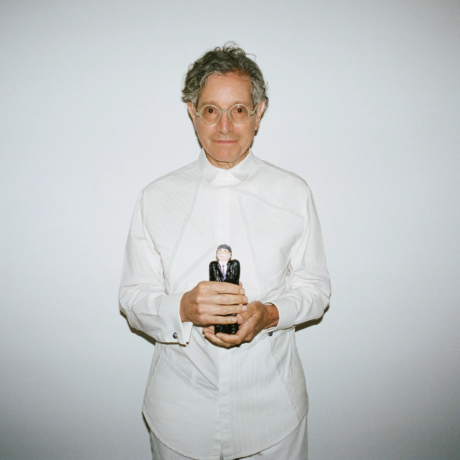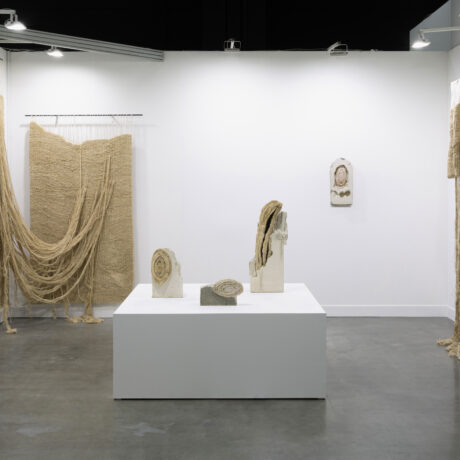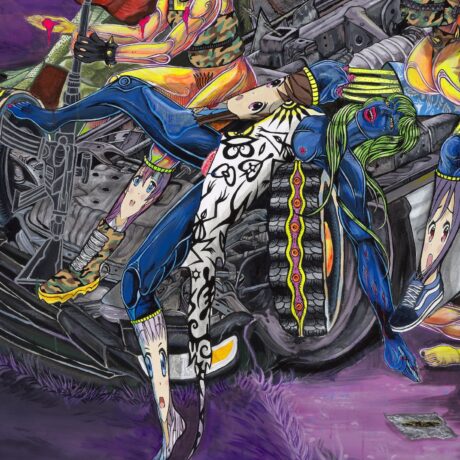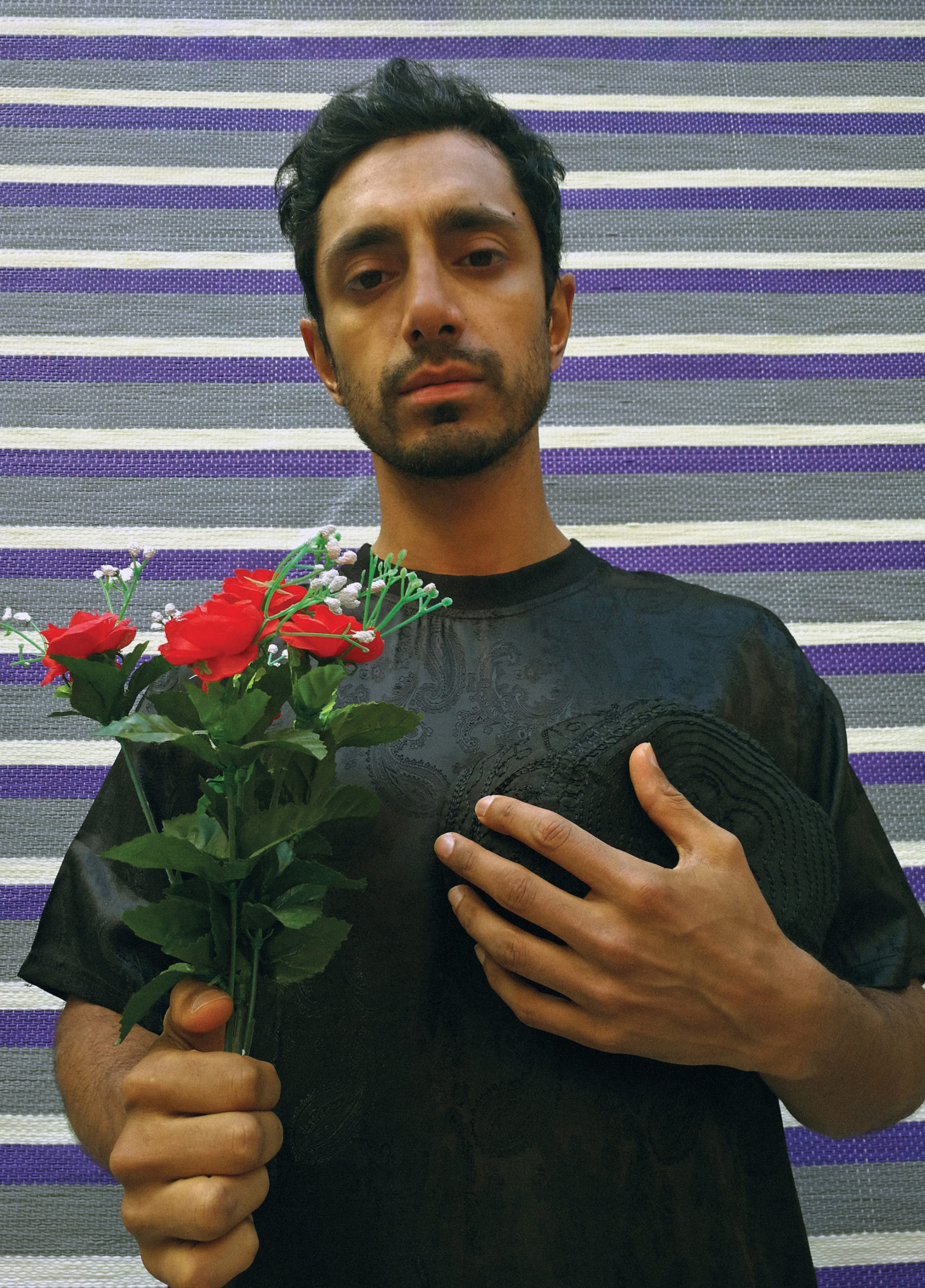
Riz Ahmed is the definition of a multi-hyphen. Originally an MC, he has also had a hugely successful career as an actor. He has starred in a range of movies, from the uniquely dark comedy Four Lions, to Rogue One, part of the blockbuster Star Wars franchise. His latest music release melds his talents together; the concept album The Long Goodbye is accompanied by a film that may be short, but packs a gut punch.
Presented by WeTransfer, the film opens by inviting the audience into a typical British-Pakistani home. The atmosphere is rich with anticipation as the family prepares for a wedding. Relatives adorn the furniture of each room, small children run rings around elders, and Ahmed is desperately trying to move furniture around to accommodate everyone. It’s a familiar setting, a staple of South Asian culture. The narrative begins to gently accelerate, as a television set in the corner shows explosions in central London, piquing audience intrigue and making the snatches of joy—family teasing, gossiping, nail painting—even more fleeting. Ahmed hears shouting from outside, and peeks through the curtains.
“Ahmed joins the likes of Childish Gambino and Beyoncé, for whom the move from music to film has been smooth”
Suddenly, the atmosphere explodes; fragments of normality hang in the air like shrapnel. Terror reigns supreme as Ahmed screams, “They’re rounding everyone up! It’s happening!” Unmarked vans arrive on the scene, figures garbed in the St George’s Cross get out and start pulling people out of their homes and beating them. It quickly becomes clear that the attack is racialised, and state sanctioned. One of Ahmed’s songs from the album, Fast Lava, plays in the background; a catchy beat that feels perverse when overlaid with scenes of pure horror. The men are rounded up, cuffed, made to kneel, and then shot, executioner style. Women’s screams are heard in the background.
The camera shakily zooms in to focus on a wounded Ahmed, who begins rapping: “They ever ask you, ‘Where you from?’/ Like, ‘Where you really from?” before continuing, “Britain’s where I’m born, and I love a cup of tea and that / But tea ain’t from Britain it’s from where my DNA is at […] And my ancestors Indian, but India was not for us / My people built the West, we even gave the skinheads swastikas.”
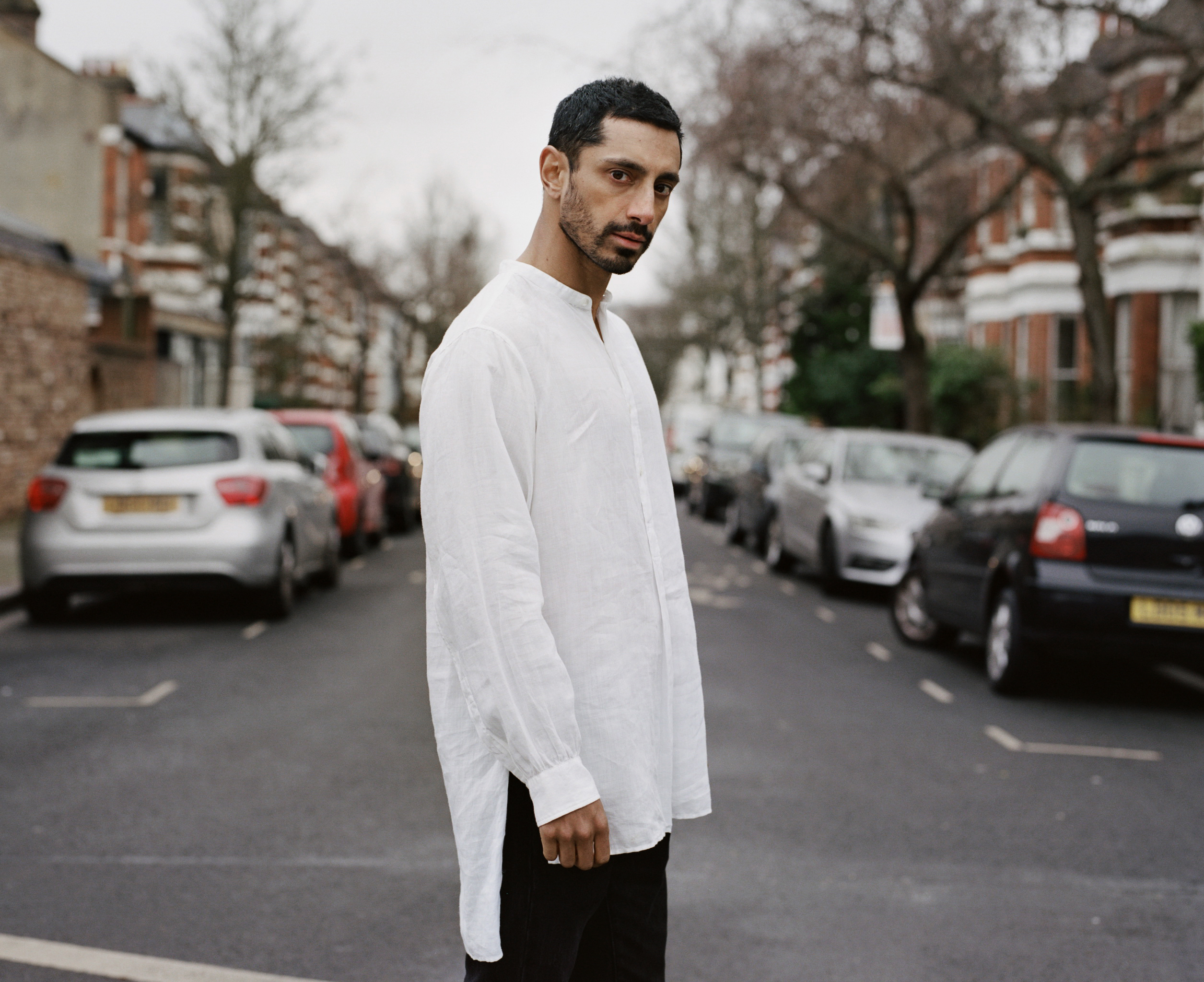
The lyrics slap listeners around the face with their sharp-tongued truths. The film’s imagery evokes The Handmaid’s Tale, with its unmarked vans, gun-wielding goons and heart-stopping camera shots. It is an examination of Britain’s treatment of minorities, and while it draws on contemporary references to incite fear, the staples of British culture are retained: net curtains twitch, noses are poked out and retreated within the blink of an eye. One of the most poignant moments occurs when a family member, beaten bloody and kneeling on the street, looks towards two white people gazing down from their window, and demands they help. They stay quiet, their complicity depicted with a delicate accuracy.
“The lyrics slap listeners around the face with their sharp-tongued truths”
The album continues the work of the film, its spine forming an extended metaphor; the relationship between Ahmed and a woman named Britannia represents the intertwined history of Britain and South Asia, stretching from the present day back some 300 years. Political is not an adequate descriptor; this is a painstakingly crafted work of art that charts complex events while critiquing the very notion of British identity. With this searing double effort, Ahmed joins the likes of Childish Gambino and Beyoncé, for whom the move from music to film has been smooth; artists who refuse to be boxed into one medium.
It’s an understatement to say that The Long Goodbye is provocative. In equal parts heartbreaking, horrifying and strangely familiar, the film and album fuse together as one tall manifesto. It could be said that this is what Britain needs, a wake-up call to the accelerated rise of populism. The Long Goodbye was premiered as coronavirus proliferated in the UK, resulting in the show’s debut being cancelled at Manchester International Festival.
Ahmed, like most, took to the online space to create content, resulting in The Long Lockdown, an ongoing virtual festival where he converses with the likes of writers Nikesh Shukla and Rupi Kaur, actor Guz Khan and comedian Hasan Minhaj. The conversations are nuanced, hilarious and hugely identifiable; this series may have an impact equal to the film and album. The resounding feeling I’m left with (it’s fair to say each audience member will react differently) is not of sadness or fear, but of solace. Witnessing an identity crisis being laid bare is strangely relieving, the kind of therapy that only good art can bring. To hear the historical and emotional struggle pouring out of Ahmed’s mouth, is to know that his hopes, fears and dreams are shared not just across the South Asian diaspora, but with minorities across the world.
